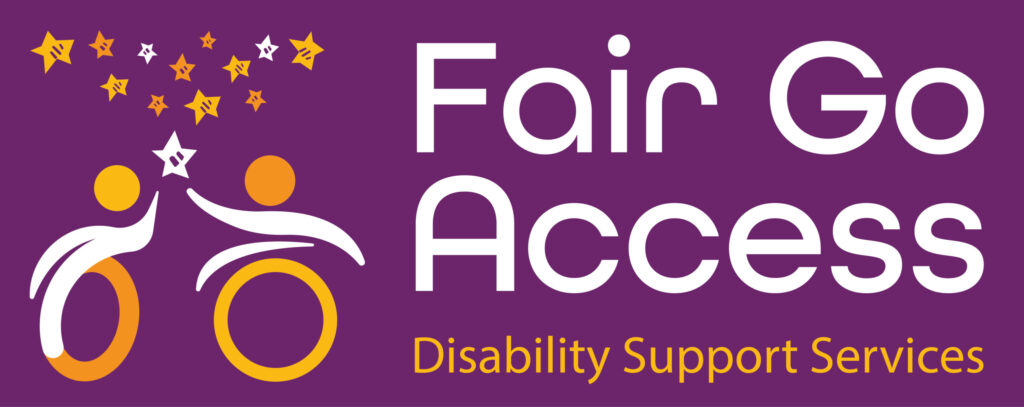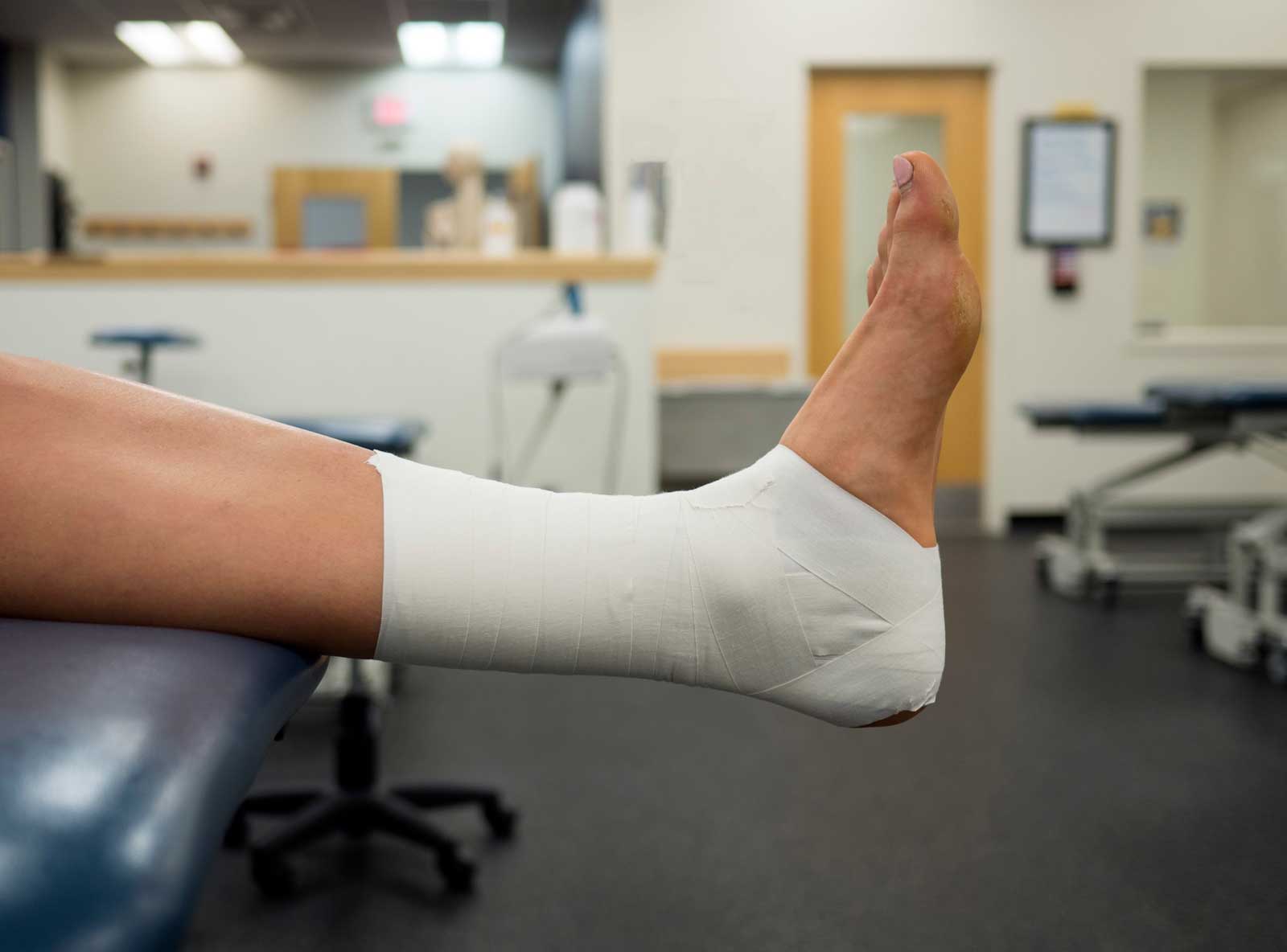
Disability services typically offer a range of ways to assist those living with disabilities. A good team of support staff will be made up of carers with not only experience and adequate training, but also the necessary willingness to uphold standards to meet the dynamic needs of individuals under their care.
Fair Go Access is a qualified team able to accommodate a variety of needs. We are genuine and happy to provide support to clients by adapting to their true needs and wants. Here we explore three examples of the therapies offered by our disability service providers.
Physiotherapy
Physiotherapy is perhaps one of the most well-known forms of therapy, with good reason. Among the many benefits of physiotherapy is the restoration of function and mobility, reduction or elimination of pain, potential avoidance of surgery, and a boost in strength, plus many others.
Physiotherapy is suitable for a range of concerns. A well-trained physiotherapist knows how to help a diverse range of people. Check out our physiotherapist page to see how we can help you with long-lasting and positive change.
Podiatric Acupuncture
Podiatric problems are all too common in the modern world and adversely affect the lives of people of all diversities. Time and complications that come with disability may exacerbate these issues. This is where podiatric acupuncture can help.
Once considered a slightly obscure form of treatment, acupuncture has seen a dramatic rise in popularity over recent years, with good reason. Our podiatric acupuncture service not only serves to relieve pain generally but can also assist with arthritis, bone spurs and corns, among other concerns.
Bowen Treatment
Another form of treatment that has seen an increased profile in recent years is Bowen treatment. Bowen treatment provides pain relief by gently stretching the fascia, that is the soft tissue covering your muscles and organs, using rolling hand movements.
Generally, Bowen therapy is performed to treat all sorts of musculoskeletal ailments but may also assist with gastrointestinal and respiratory issues.
These a just a few examples of the treatments Fair Go Access provides, alongside our disability services and associated products.
To find out how we can help support you and your unique situation, call Fair Go Access on 03 5298 2746.










